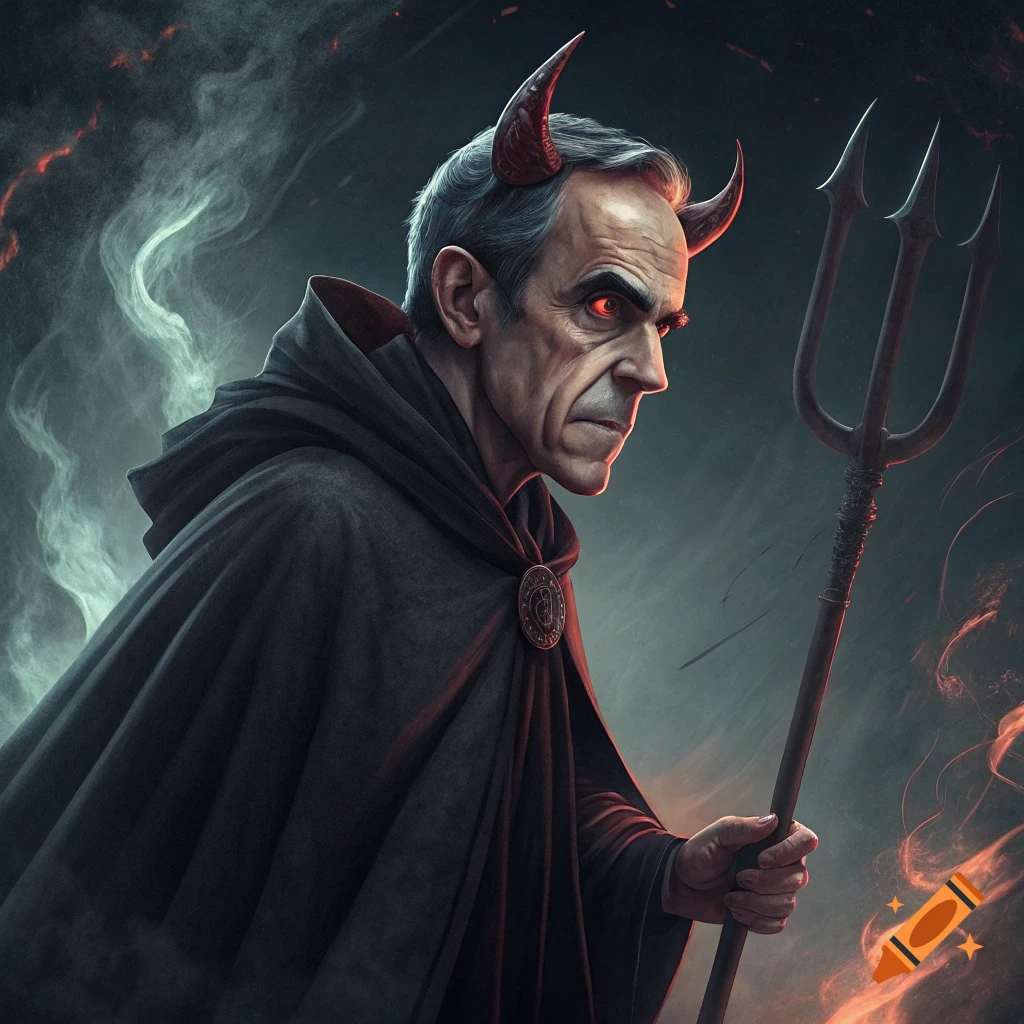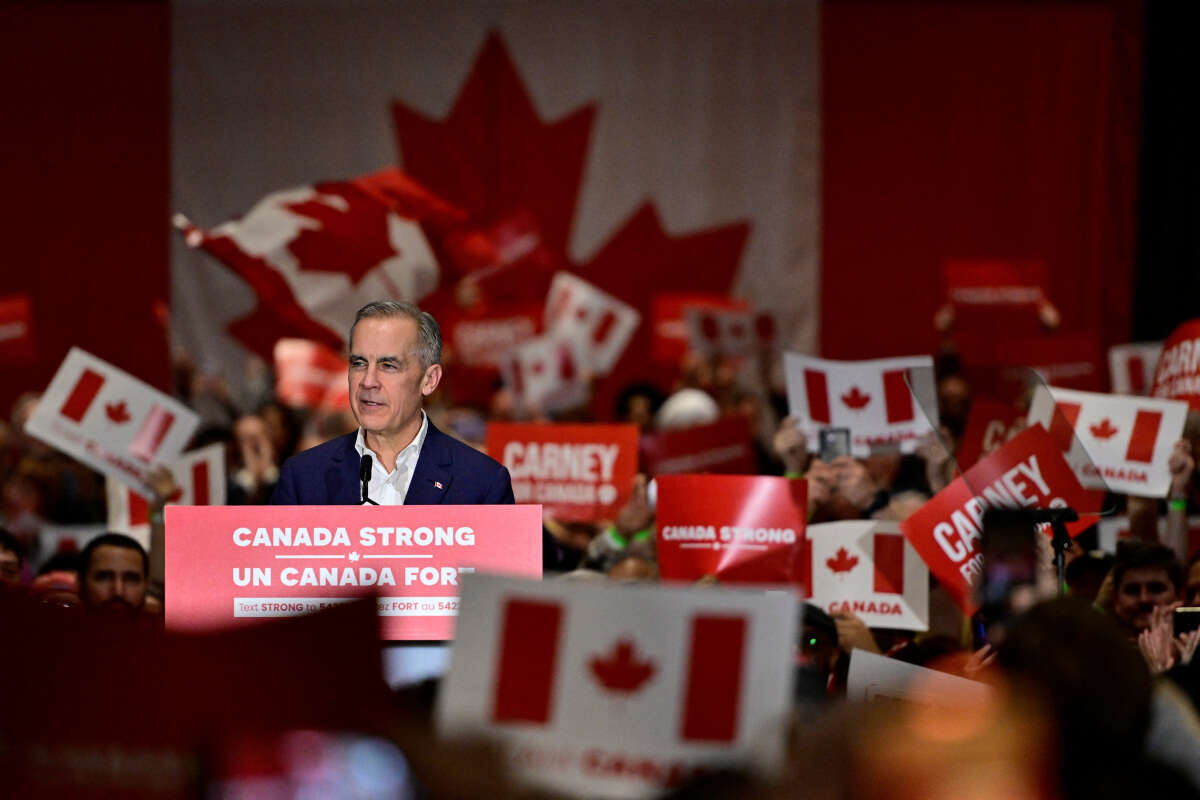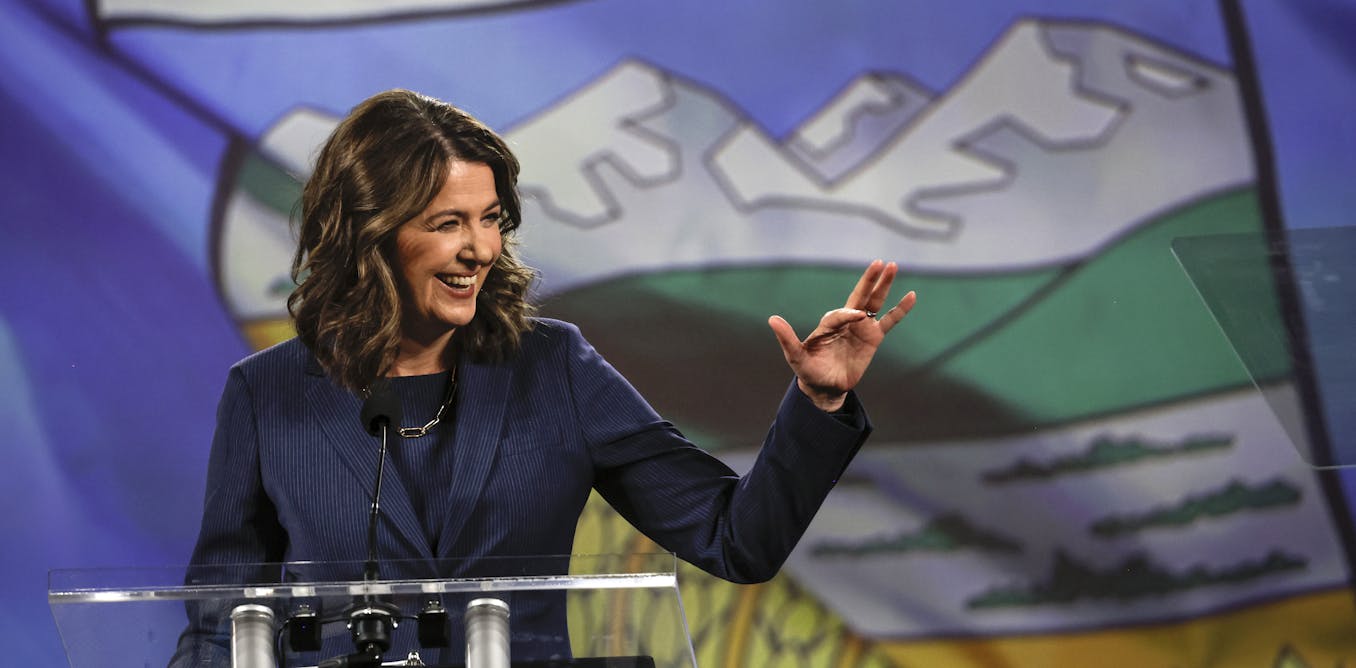It starts the same way every time. You raise a valid concern. You point to a contradiction. Maybe you cite a past failure—something Mark Carney, the globalist golden boy now vying for Canada’s top job, said or did that doesn’t quite add up.
And then it hits you.
Not a rebuttal. Not a reasoned defense. Just vitriol. Smug insults. Personal attacks. A digital mob frothing at the mouth, ready to burn the heretic at the stake. You didn’t just question a politician—you blasphemed their savior. Welcome to the Church of Carney.
The Untouchable Banker
Mark Carney’s rise to political stardom is no accident. With a résumé boasting the helm of both the Bank of Canada and the Bank of England, he’s been groomed for power by the very institutions that pull the strings behind the curtain. To the average Canadian, he’s just entering the political spotlight. But behind the scenes, he’s long been a darling of the global elite, praised for “saving” economies while quietly tightening the noose of centralized control.
And now? He wants to lead Canada.
But God forbid you ask the obvious questions:
-
What happened to the economic stability he promised?
-
Why did inflation spiral under his watch?
-
What about his ties to World Economic Forum agendas?
-
How many contradictions can one man package in polished rhetoric?
Try posing those in public and watch the reaction. His disciples don’t counter your points—they come for your character.
More Faith Than Facts
It’s not politics anymore. It’s cult behavior.
You see it in the way his fans excuse every misstep, gloss over every failed prediction, and deflect any accountability with, “Well, at least he’s not insert scapegoat here.” There’s no critical thinking—just blind faith. If you highlight a flaw, you must be “ignorant,” “right-wing,” “anti-progress.” Or worse.
That’s not political debate. That’s indoctrination.
And it’s dangerous. Because when leaders become immune to criticism, they become unaccountable. And when followers refuse to even entertain doubt, democracy dies a slow, quiet death under the weight of its own delusions.
The Dark Future He Represents
Mark Carney isn’t just another polished politician. He’s a technocrat, a man who sees national sovereignty as an obstacle to “global cooperation.” The kind of leader who doesn’t ask what you want—but tells you what’s best for you, backed by “science” and “data” that conveniently match the goals of unelected think tanks and billionaire interests.
A cashless society? He’s for it.
Centralized digital ID systems? He’s on board.
Tighter global climate regulations that crush working-class industries? Check.
His plans aren’t built for ordinary Canadians. They’re built for the system—and for those who benefit most from it.
So when his supporters act like you’ve committed treason by simply holding him to account, ask yourself: Are they defending a man? Or protecting a doctrine?
Final Thought: Truth vs. Worship
It’s one thing to respect a politician. It’s another thing entirely to worship him. Mark Carney isn’t above scrutiny. In fact, he needs more of it. Because behind the polished image lies a man whose decisions affect millions—and whose allegiance seems far more global than national.
So go ahead. Question him. Critique him. Expose the contradictions. And if they attack you for it?
Smile.
It means you struck a nerve.










